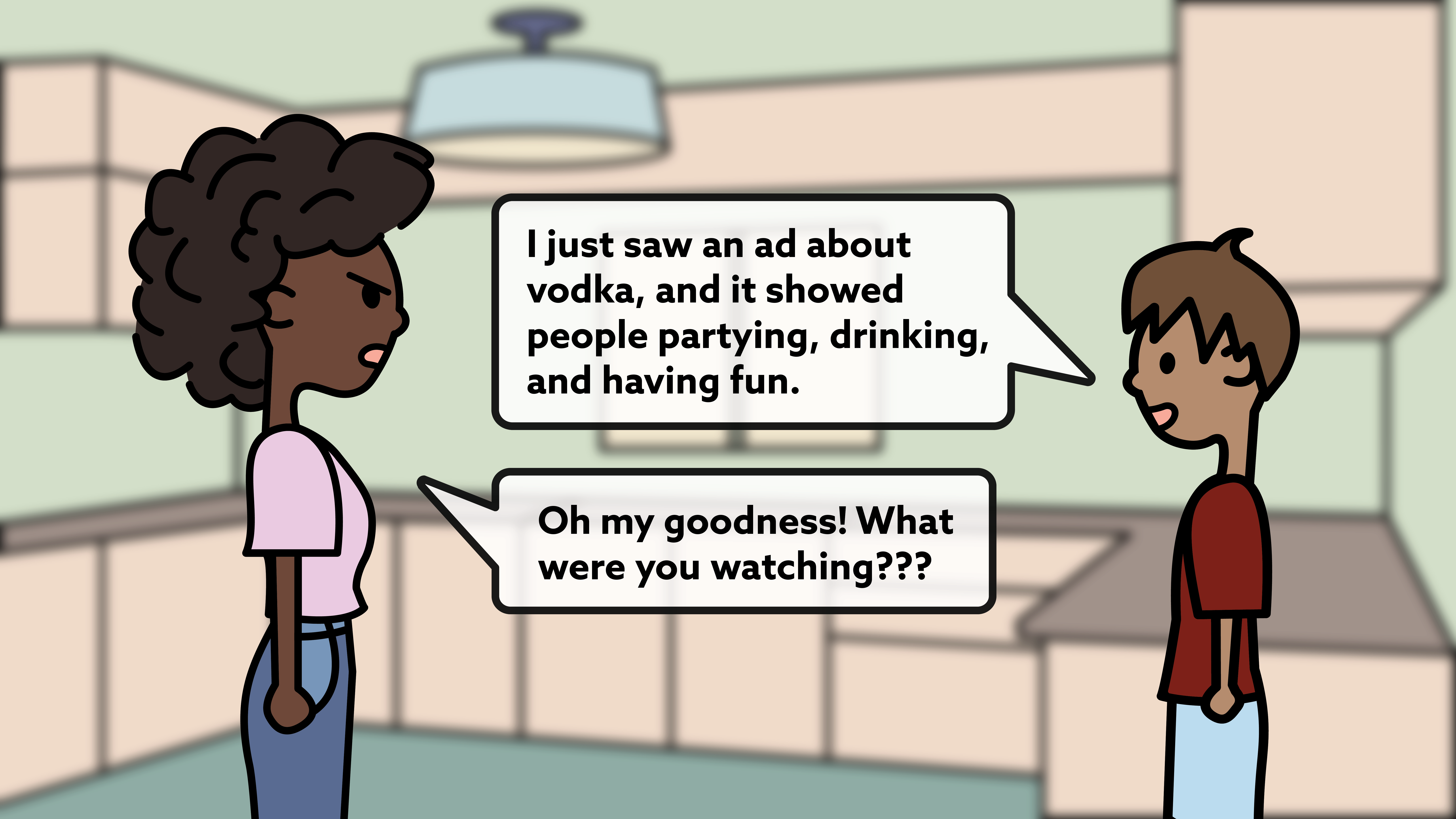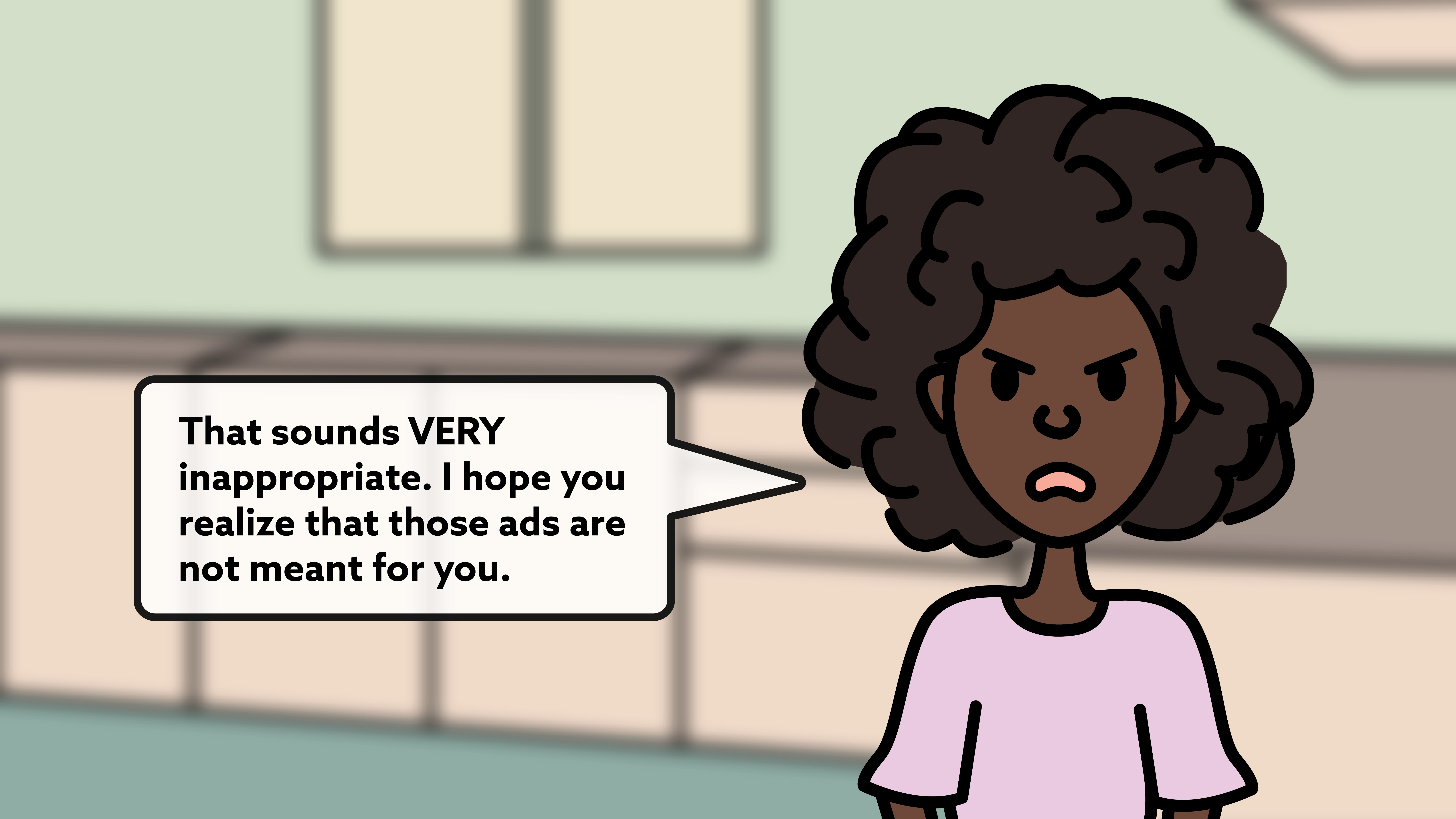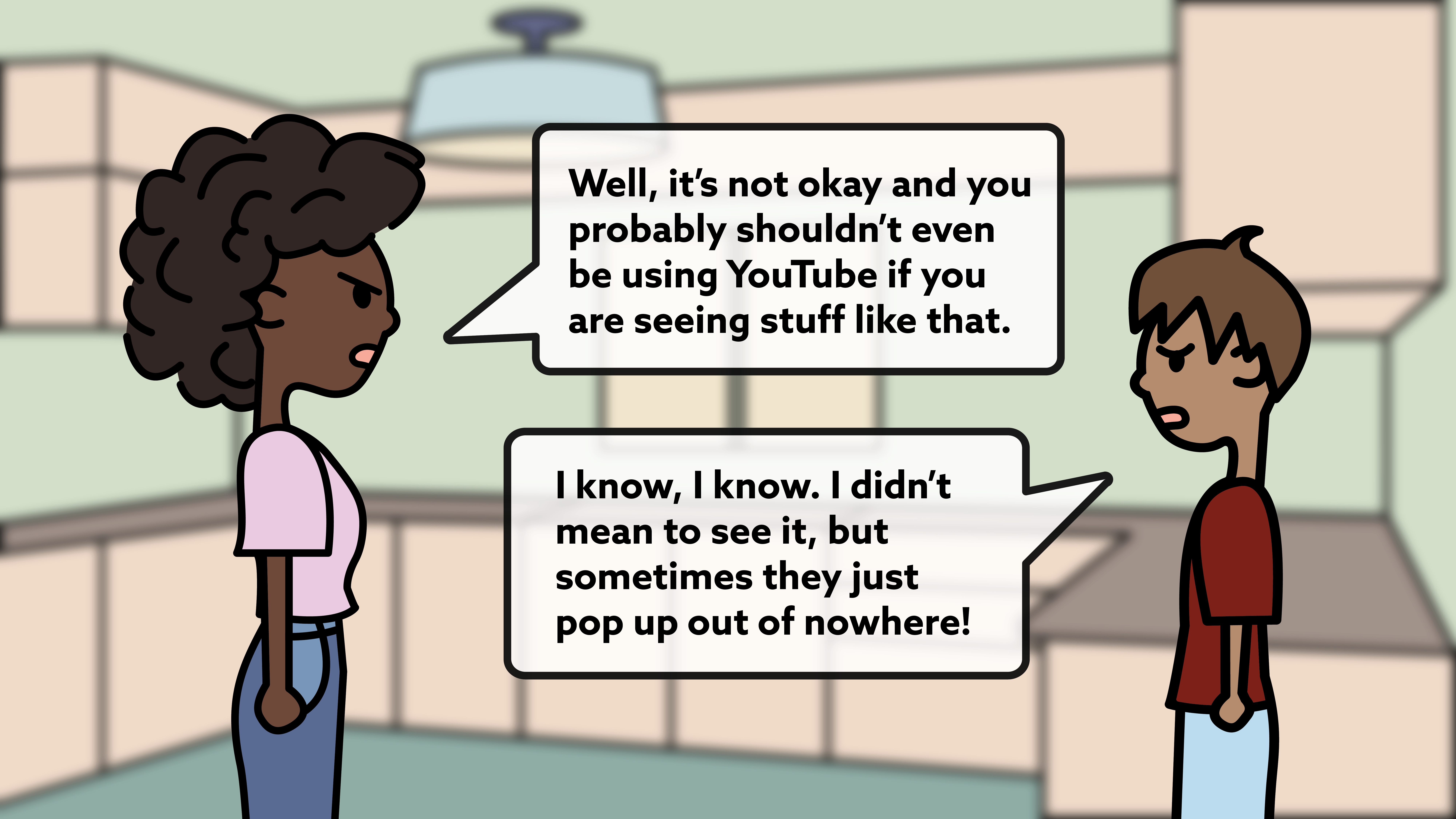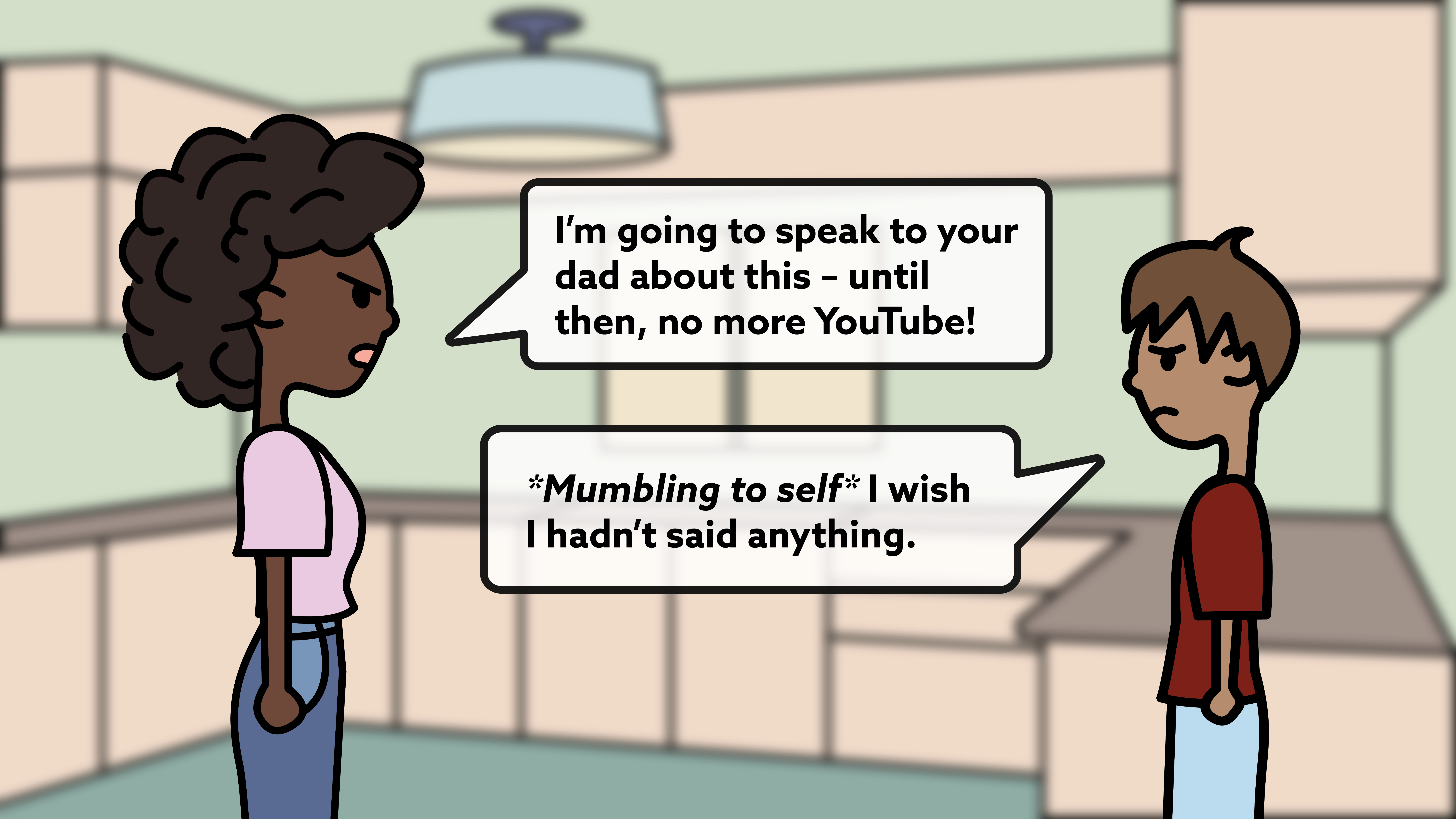Week Two Activity
It can be hard to know what your children are watching or doing online. Talking is a good way to monitor your child because you can learn about what they are seeing and doing online. Many parents say they don't even know that their children are experiencing things like cyberbullying or being exposed to things like alcohol advertisements online – asking about it directly will increase your likelihood of learning if these things are happening to your child. It also opens the door for you to be able to help.
When we talk with our kids, especially about difficult topics, it is important to:
- remain calm and non-judgmental,
- ask open questions (e.g., tell me more about that…), and
- use affirming and reflective listening skills
This is how we make it safe for our kids to tell us difficult things AND how we increase the likelihood that they will tell us about their experiences online.
1. Speaking in a calm and non-judgmental way
Think back to a time when you decided to share something with an important person in your life, and they reacted with judgment. Feeling a bit hurt in this situation seems pretty normal, right? Are you more or less likely to share with that person in the future?
Holding back judgment is incredibly important if we want to hear more about how our children are using media and technology.
If we are non-judgmental when we talk to our kids about their online activities, they'll feel more comfortable and safe in sharing openly about their technology use.
Here we have a few examples of how conversations about media or technology with your child can go in a positive or negative direction. Follow the story lines down to see how use of non-judgment can really shift the direction of a conversation. Remember, you are aiming to increase the likelihood that your child will share their experiences with you!
Positive Interaction
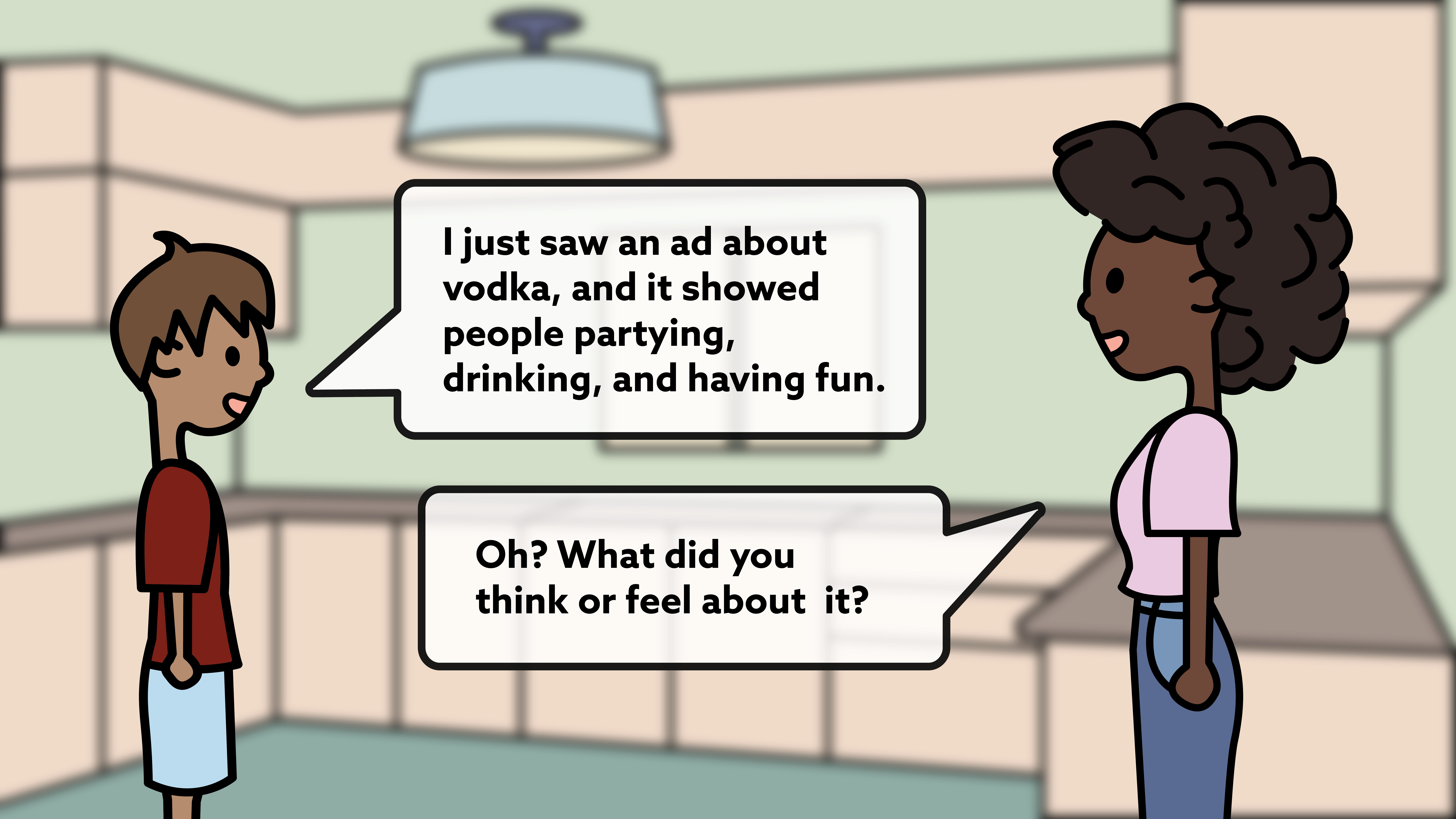
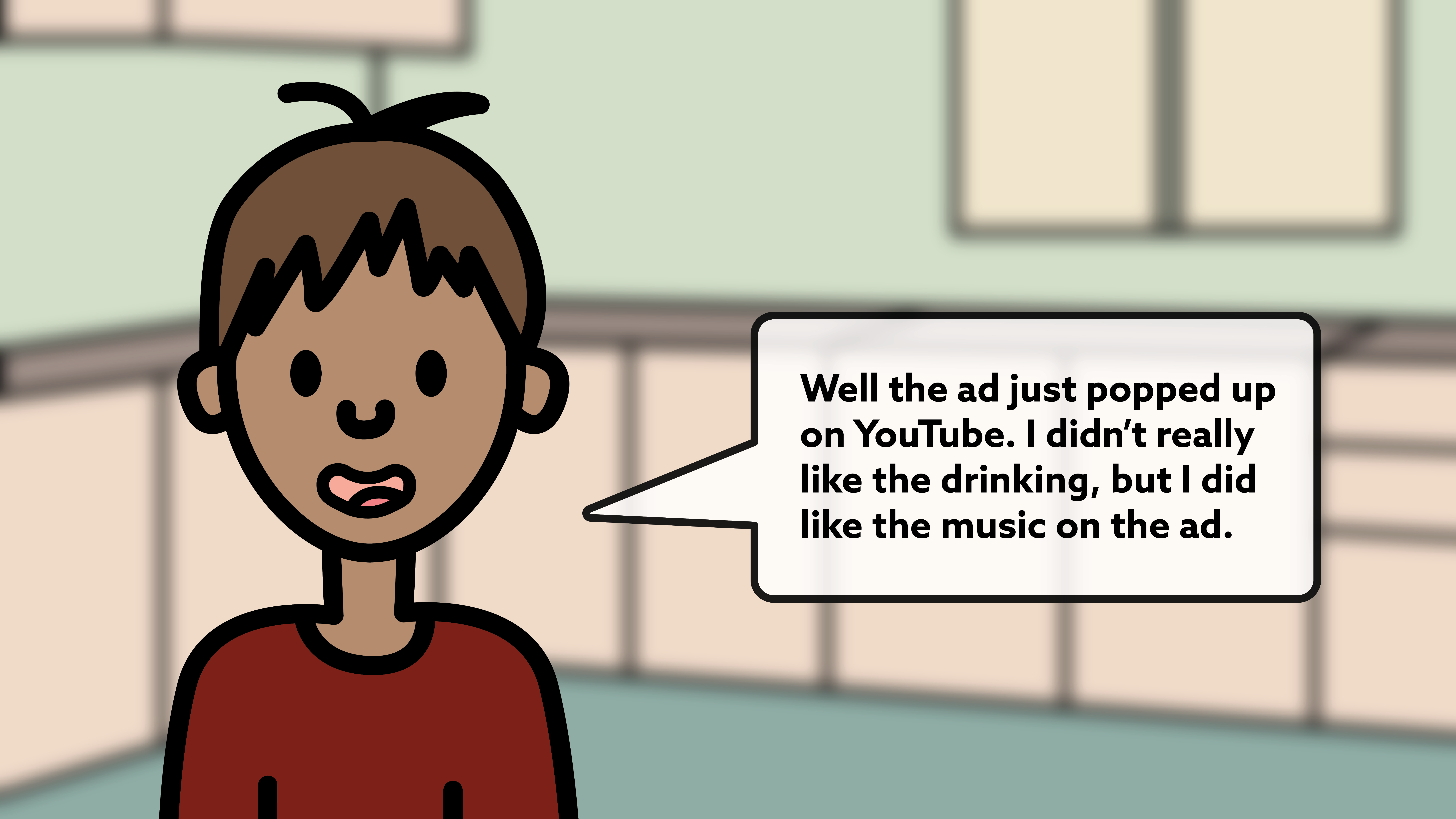
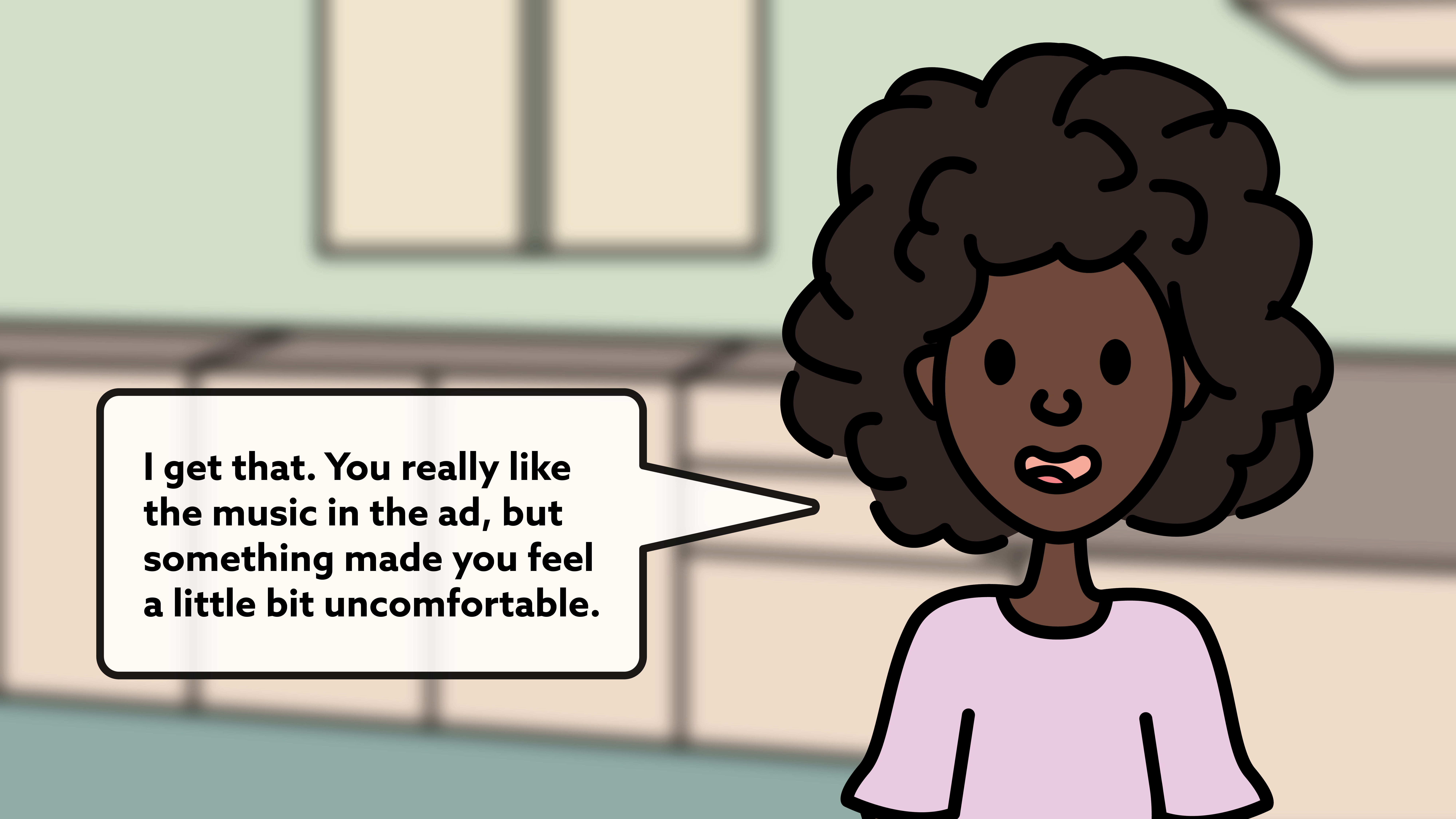
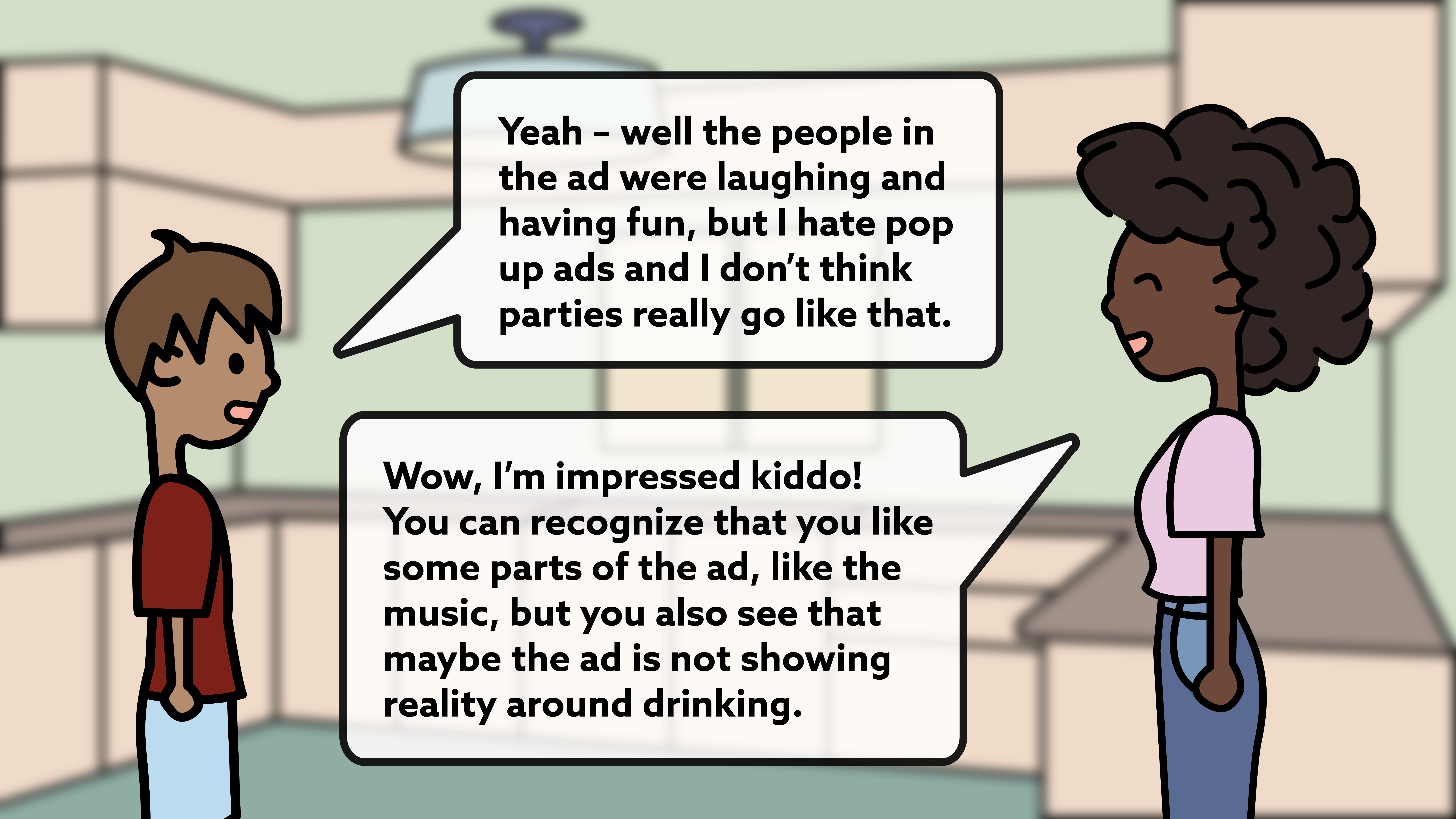

Negative Interaction
